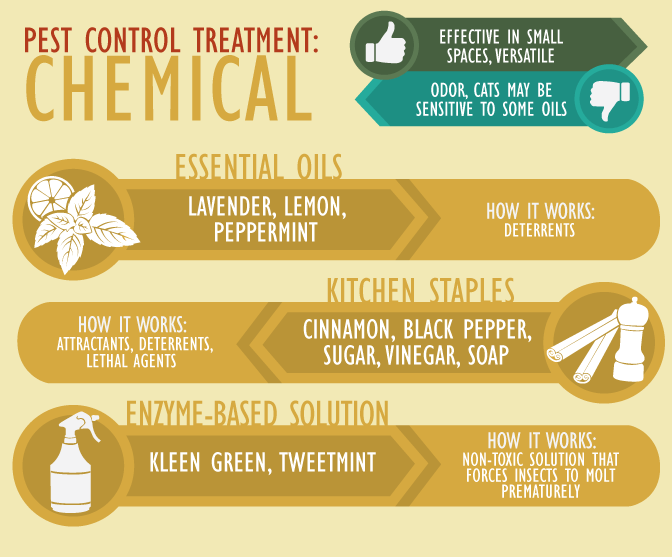Shield Your Yard From Vermins: Advice For Keeping Undesirable Intruders Away
Shield Your Yard From Vermins: Advice For Keeping Undesirable Intruders Away
Blog Article
Created By-Thorpe Sharma
Imagine your yard as a shelter, an area of peace and charm. However, the visibility of exterior pests can promptly disrupt this idyllic photo. Suppose there were basic yet reliable ways to maintain these unwanted site visitors away and secure your garden oasis? By following https://how-to-remove-pet-odors-r39495.howeweb.com/27614546/recognize-the-immediate-necessity-for-efficient-pest-management-strategies-in-the-event-an-unexpected-invasion-and-find-out-exactly-how-to-face-this-crucial-trouble-directly and carrying out all-natural approaches, you can produce an unified outdoor area where your plants can flourish undisturbed.
Natural Bug Deterrents
To maintain insects away from your yard naturally, plant fragrant herbs like mint and lavender. These great smelling plants not only include appeal to your yard but also serve as effective pest deterrents. Parasites like insects, flies, and also some garden-damaging insects are warded off by the solid aromas produced by these herbs. Just putting them strategically around your garden can help produce an all-natural barrier versus undesirable parasites.
Along with mint and lavender, consider growing other herbs like rosemary, basil, and lemongrass to further boost your yard's pest-proofing capacities. These natural herbs not just serve as all-natural repellents yet likewise have actually the added benefit of serving in cooking or crafting home made remedies.
Strategic Plant Positioning
Take into consideration the design of your yard and the sorts of plants you have to tactically put them for maximum pest-proofing efficiency.
Beginning by organizing plants with comparable resistance to pests with each other. By doing this, you can create a natural barrier that discourages pests from spreading throughout your garden.
Additionally, putting pest-repelling plants like marigolds, lavender, or mint near more prone plants can help protect them. High plants, such as sunflowers or corn, can function as a guard for much shorter plants against insects like bunnies or ground-dwelling bugs.
Keep in mind to leave sufficient room between plants to enhance air flow and reduce the danger of illness that pests may lug.
Furthermore, think about planting Learn Even more Here -smelling herbs like rosemary or basil near at risk plants to puzzle insects' detects and make it harder for them to find their targets.
Reliable Parasite Control Approaches
For combating yard parasites properly, applying a multi-faceted bug control approach is essential. Start by motivating all-natural predators like birds, ladybugs, and praying mantises to help keep bug populaces in check. Introducing plants that draw in these valuable pests can aid in pest control. In addition, practicing excellent yard hygiene by removing particles and weeds where insects could conceal can make your garden less congenial to unwanted site visitors.
Take into consideration using physical obstacles such as row cover fabrics or netting to protect vulnerable plants from pests like caterpillars and birds. Using natural chemicals like neem oil or insecticidal soap can also be effective against specific bugs while being much less dangerous to beneficial insects and the environment. It's crucial to turn your crops each season to stop the build-up of parasite populations that target details plants.
Routinely examine your plants for signs of insect damages so you can do something about it promptly. By integrating rat control and staying vigilant, you can effectively manage garden parasites and appreciate a thriving, pest-free garden.
Verdict
So, there you have it - with the best methods, you can keep pesky outdoor bugs away from your yard and assist your plants grow.
Did you know that growing mint has been revealed to repel mosquitoes and other pests, reducing the need for harmful pesticides by approximately 60%?
By incorporating all-natural deterrents and wise growing strategies, you can create an attractive and pest-resistant garden oasis for you to delight in.
